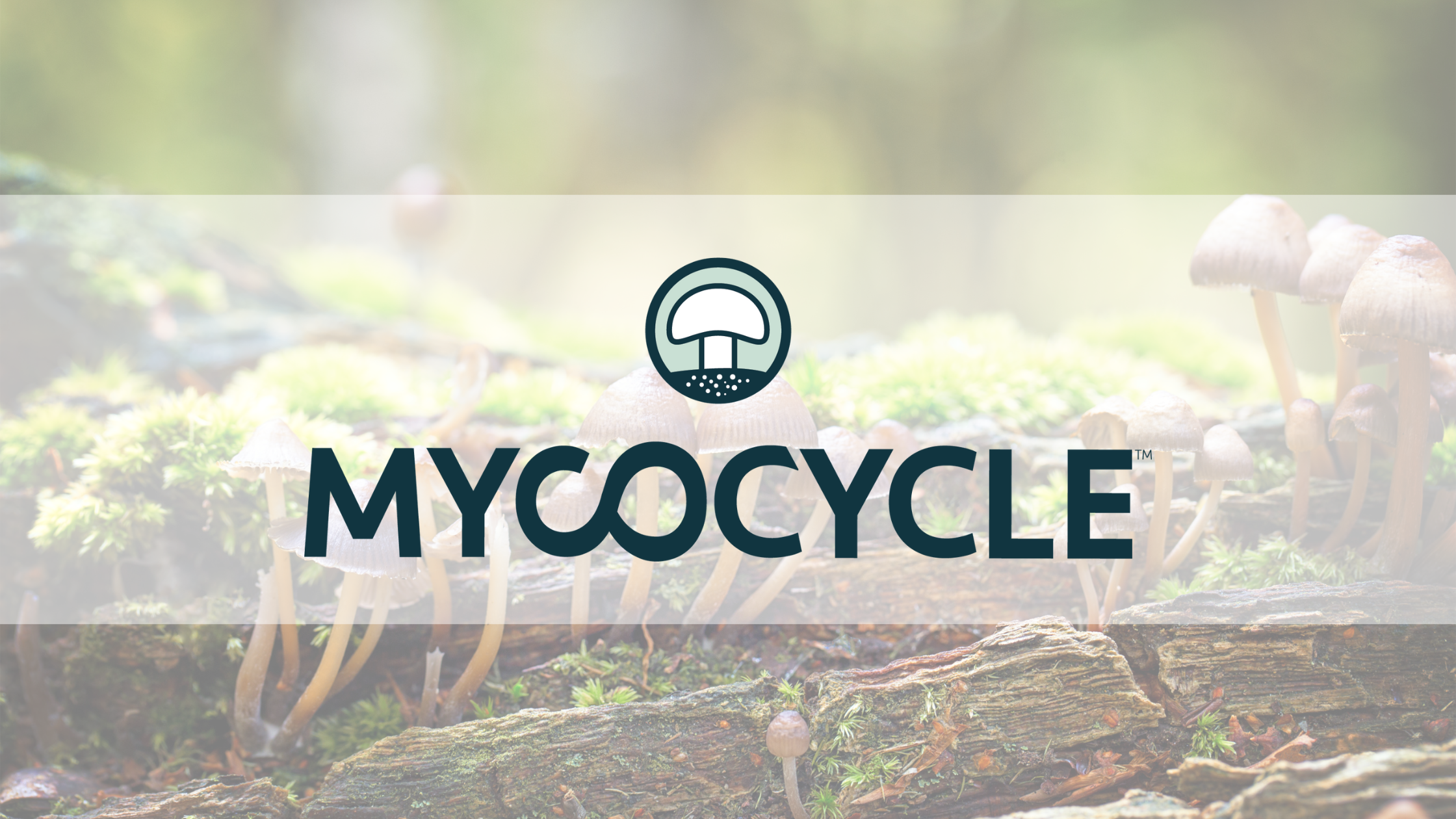Mushrooms have become the unlikely stars of superfood supplements, brain-boosting coffee replacements, and even award-winning movies. Now, thanks to a company called Mycocycle, mushrooms may also hold the key to tackling construction waste and unlocking an innovative circular bioeconomy. Mycocycle uses fungi to break down and remove toxins from common construction waste materials like rubber, drywall, and asphalt shingles and transforms them into eco-friendly material that can be used for insulation, concrete filler, or even acoustic panels.
Founded in 2018, Mycocycle has developed a way to harness fungi’s natural building and detoxifying powers to absorb waste construction material like drywall, asphalt shingles, and insulation boards. The fungi can reduce the toxicity of materials by an average of 98%
Mycocycles technology relies on mycoremediation, in which fungi’s natural abilities—like biosorption, bioconversion, and biodegradation—are harnessed to break down and detoxify construction waste material. In addition to detoxifying the materials, the fungi also create new materials in this process.
The process focuses on mushrooms’ mycelium system. Mycelium is the part of fungi’s root structure we can’t usually see. In nature, mycelium stretches out virtually indefinitely underground, decomposing plant matter and contributing to healthy soil. Mycocycle places mycelium in a temperature-controlled environment and applies its powerful decomposition skills to process manmade materials instead of fallen trees and leaves.
Since its launch, Mycocycle has launched a pilot program that has successfully processed over 12,000 pounds of waste and transformed it into usable materials. One of these pilots was a partnership with tech giant Meta. Mycocycle helped dispose of waste drywall from Meta’s new data center. Crushed drywall was added to one of Mycocycle’s bioprocessors, along with some of the fungi. The bioprocessor was kept at a steady temperature, offering an optimal environment for the mycelium to absorb and degrade the materials efficiently. After two weeks, Mycocycle killed the fungi and harvested the resulting product, which can be reused in various construction applications.
Mycocycle’s CEO, Joanne Rodriguez, says mycelium is an excellent building material, calling it “nature’s rebar.” The material can be used for building insulation, made into acoustic panels, and filler to bulk up things like concrete.
The technology has garnered considerable investment and awards, raising $2.2 million in seed funding and receiving a Chicago Innovation Award. Rodriguez was also named to the list of 2021 Environment + Energy Leader honourees.
To learn more about the latest innovations in constriction, engineering, architecture, and design, subscribe to our newsletter!


